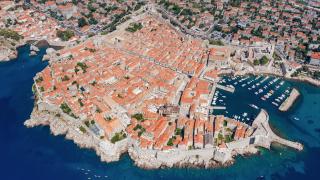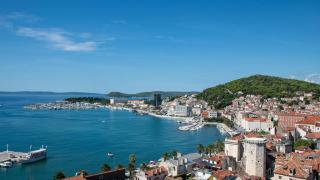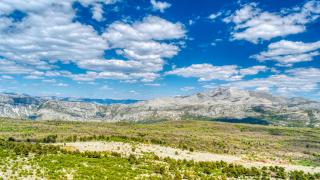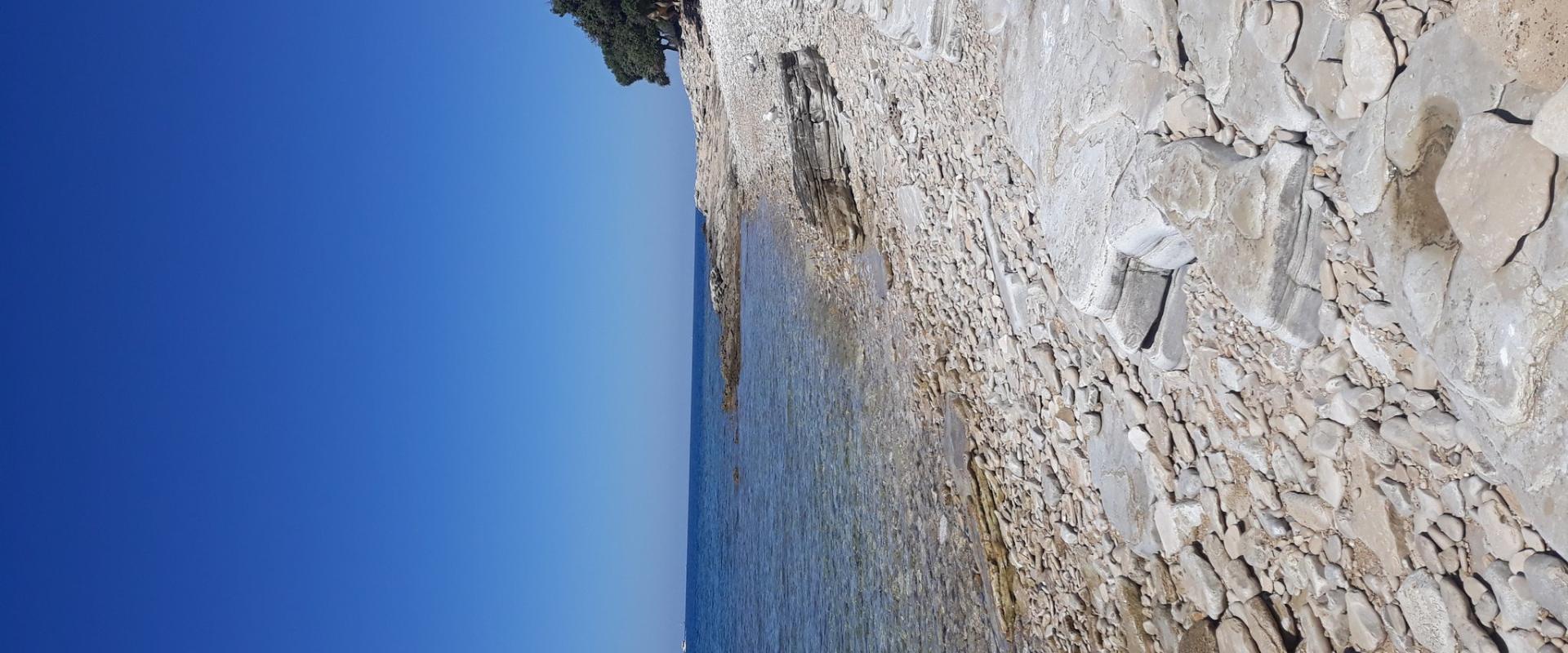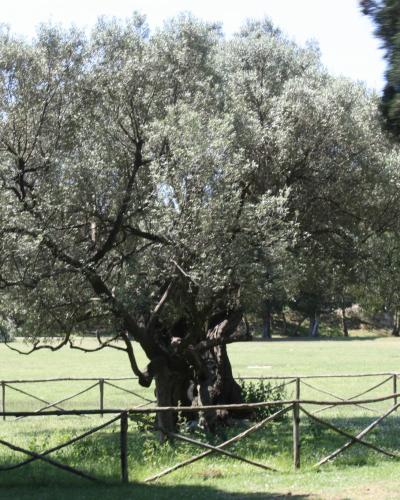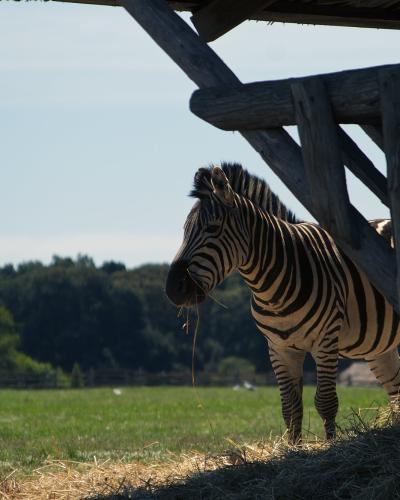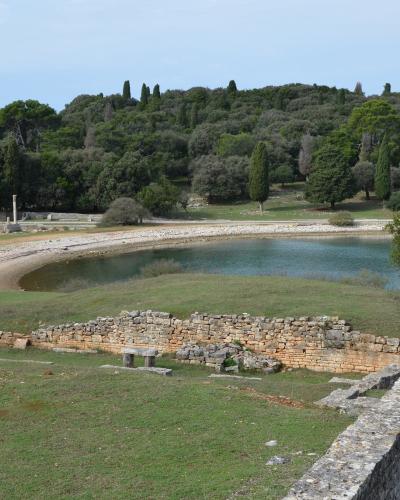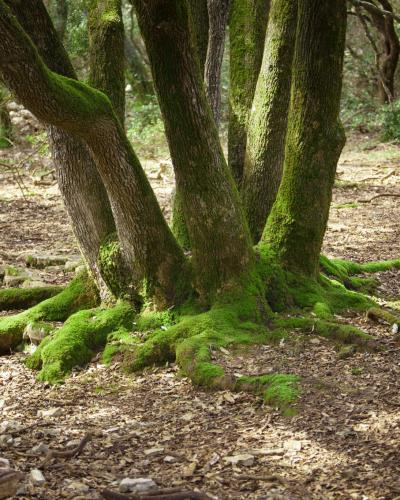Dinosaur Footprints
130-million-year-old dinosaur footprints preserved
The Brijuni Islands, just off the coast of Istria, offer a rare and fascinating glimpse into Croatia’s prehistoric past with their remarkable collection of dinosaur footprints. Scattered across Veliki Brijun and nearby islands such as Vanga and Galija, more than 200 footprints have been discovered, dating back 130 to 100 million years when this area was part of the ancient Tethys Ocean. These tracks, left by various dinosaur species, are preserved thanks to the islands’ unique geological conditions and are among the most significant paleontological sites in the region.
Visitors to Brijuni National Park can view these ancient imprints at several locations, including Cape Ploče and Cape Vrbanj on Veliki Brijun. At some sites, you’ll also find a scientific and artistic sculpture of a theropod, giving a sense of the size and presence of these long-extinct creatures. The footprints are accessible as part of the park’s network of walking paths, making them an engaging stop for families, nature lovers, and anyone curious about Earth’s distant history.
In addition to the dinosaur sites, Brijuni is rich in archaeological and natural wonders, with evidence of human habitation stretching back to the Neolithic period. While specific opening hours and admission fees are not detailed here, entry to the dinosaur footprint sites is included with a visit to Brijuni National Park. Exploring these ancient tracks is a highlight for visitors, offering a tangible connection to a world that existed millions of years before our own.
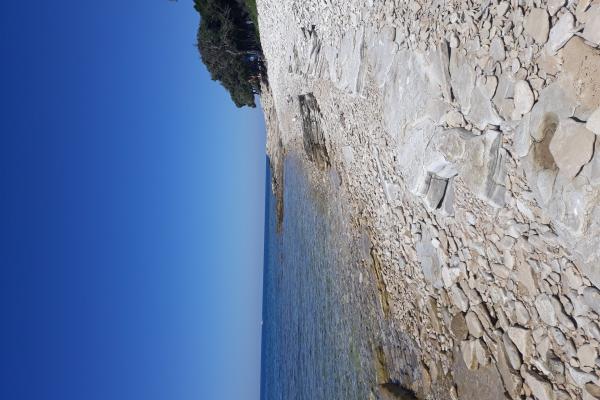
More photos coming soon
Nearby Attractions
Other places to visit in Brijuni Islands
Quick Facts
Best Time to Visit
The optimal months to visit the Brijuni Islands are April to August for warm, sunny weather.
